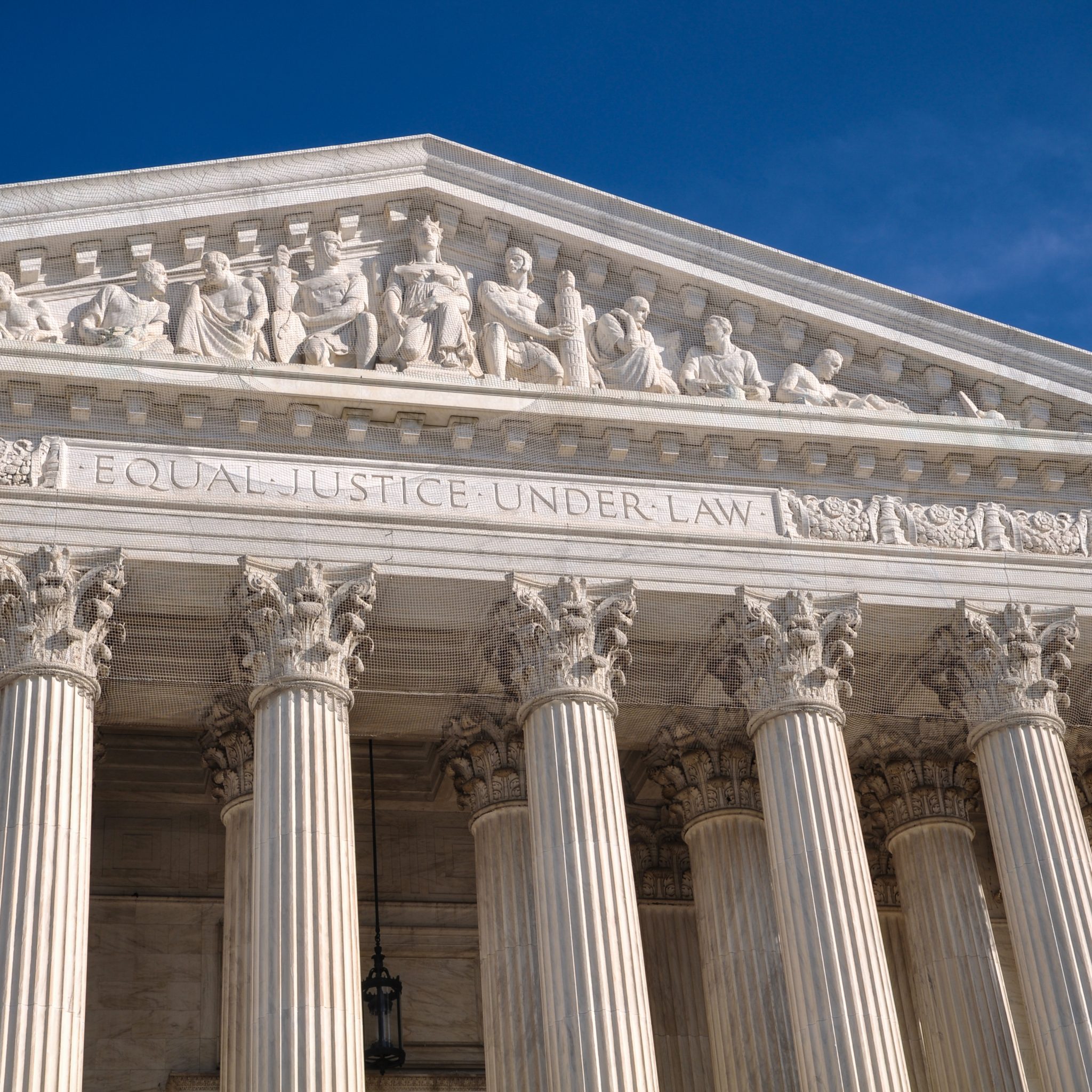WASHINGTON, DC – OCTOBER 26: U.S. Supreme Court Associate Justice Amy Coney Barrett participates in … [+]
On Monday, Amy Coney Barrett was confirmed by the United States Senate and sworn in as a Supreme Court Associate Justice. The reaction on social media has been as divided, as divisive and as partisan as any issue the country is facing today.
As expected there were plenty of those who took offense at the confirmation of Barrett to the Supreme Court, and author John Pavlovitz (@johnpvlovitz) took to Twitter to voice his disgust, “Replacing a strong, courageous woman like Ruth Bader Ginsburg with someone like Amy Coney Barrett, is as precipitous a moral drop as following up Barack Obama with this human disaster of a president. There is only one way to fix this: We have to show up and vote ourselves free.”
MSNBC correspondent Joy Reid (@JoyAnnReid) took the argument a bit further, “As the nation’s growing racial and religious diversity limits the GOP’s prospects, filling the courts with conservatives constitutes what Princeton historian Sean Wilentz calls ‘the right-wing firewall’ against a country evolving electorally away from them”
However, Ms. Reid’s commentary fails to accept that the Republicans (GOP) do currently control the Senate and White House. The past twenty years has seen a steady shift back and forth with some notable blue and red waves, so it is debatable as whether it is true that the country is “evolving electorally away.”
Such facts didn’t deter Donna Iman (@donnaimanTX), who is running for a House seat in Texas, from suggesting, “Today Justice Amy Coney Barrett took the oath to defend the constitution against all enemies foreign and domestic while standing next to the greatest domestic threat to the constitution that the United States has ever faced.”
New York Times opinion columnist and economist Paul Krugman (@paulkrugman) suggested he usually stays clear of sharing such quick thoughts on these issues, tweeting, “I usually try to avoid political hot takes, bc what do I know? But I’m feeling both terrified and philosophical about the Barrett confirmation. Her chance to do immense harm will basically come *next week*. After that, she will be a GOP liability 1/”
That almost seems disingenuous as anyone who follows Mr. Krugman knows he regularly comments on Twitter with hot takes. Given that he is an opinion columnist that is what should be expected of him.
Moreover, there is also plenty of support for Barrett across social media, and Former Acting Attorney General Matt Whitaker (@MattWhitaker46) tweeted, “Congratulations Supreme Court Associate Justice Amy Coney Barrett!”
The confirmation was even greeted with some surprising support from those who tend to lean left. This included celebrity interviewer Piers Morgan (@piersmorgan) who noted, “Congrats to new Supreme Court Justice Amy Coney Barrett. She proved in her confirmation hearings she is incredibly well qualified for the job. Democrat squealing about her is as hypocritical as it’s pathetic. They’d all be saying the complete opposite if it was one of their own.”
Rep. Mark Walker (R-N.C.) also addressed how Barrett’s confirmation has already led to calls to stack the court to give progressive voices an advantage citing a New York Post article, “Not even an hour had passed since Amy Coney Barrett’s confirmation when Rep. Ocasio-Cortez renewed radical calls to add justices to the court. It’s clear: Joe Biden’s Democrats will stop at nothing to pack the Supreme Court.”
The Media Response On Social Media
Many of the official accounts for media outlets offered more of what seemed to be editorialized commentary on the confirmation than straight news coverage. The official account for The Washington Post (@washingtonpost) at least acknowledge it was an “opinion” in its tweet, “Opinion: Amy Coney Barrett joins a Supreme Court that’s largely out of step with the national consensus”
Other media outlets seemed to show bias, and this included the official account for Vox (@voxdotcom), which was quick to note, “The 48 senators who voted against confirming Amy Coney Barrett represent 13.5 million more people than the 52 senators who voted for her.”
But that isn’t quite accurate, because it compares state populations so while it is true that the two senators from California may represent more than the two senators from Idaho, it fails to consider party affiliations or voter preferences in any way. According to a POLITICO/Morning Consult survey conducted during the confirmation hearings, 51% of said the senate should vote to confirm her nomination, far greater than the 28% who said the senate should not.
The Hill (@thehill) was among the media outlets that offered direct facts to the confirmation, “Susan Collins is the only Republican to break party lines and vote against Amy Coney Barrett http://hill.cm/boGrZt7”
The Christian Science Monitor (@csmonitor) also stuck to the facts, “Senate Republicans confirmed Judge Amy Coney Barrett to the Supreme Court, putting an end to a politically fraught confirmation process. Judge Barrett will get to work immediately, with cases on health care and the 2020 election pending before the court.”
Insight In The Tweets
Beyond the partisan lines, there were a few examples of actual insight shared via social media. Bryan J. Scrafford (@bscrafford), a community organizer who fights for LGBT rights and economic justice, shared a quick interesting fact – and without commentary – citing a Washington Post article, “The last time a Supreme Court justice was confirmed on a strict party line vote was 151 years ago during Reconstruction. Interestingly, his confirmation took place in a period where Congress repeatedly changed the size of #SCOTUS”
At least this particular discourse was largely free of name calling and wild accusations, but with a week until the election possibly that’s just been put on the back burner.


/https://specials-images.forbesimg.com/imageserve/5f98298a8faaab8edb9e029f/0x0.jpg)










